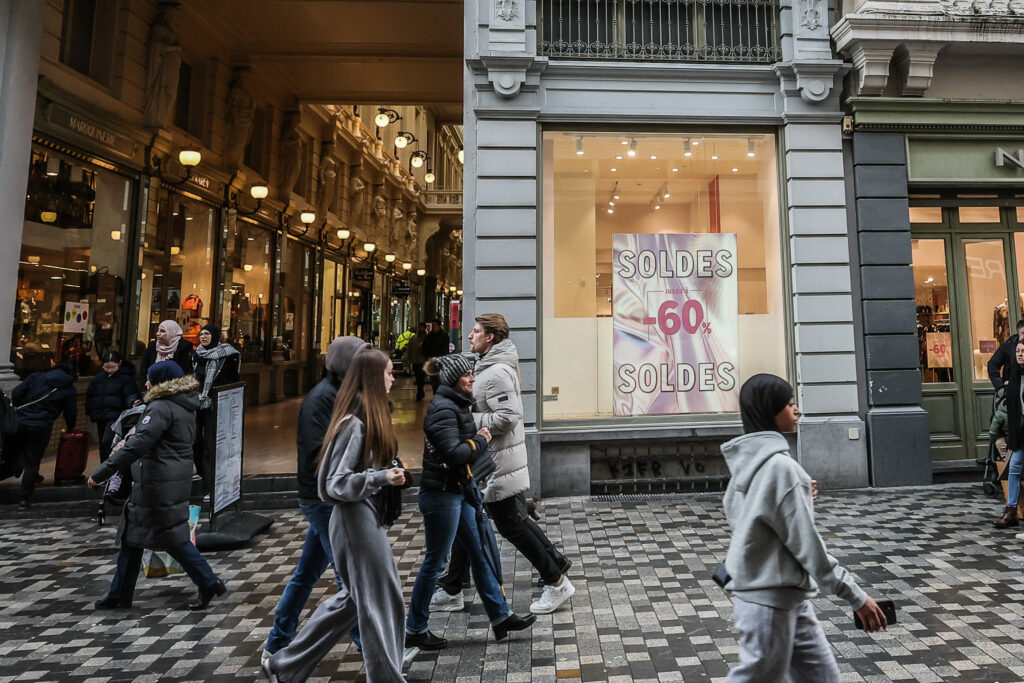Discover why Belgian consumer confidence has hit the lowest point this year in November;
✔ Economic sentiment at lowest point in nearly two years
✔ Concerns over rising unemployment sour expectations for household finances
✔ Inflation on the rise
Belgian economy: Consumer confidence 'plummeted' in November

Consumer confidence in Belgium fell to the lowest level of the year in November, as there has been a marked deterioration in how optimistic people feel about the economy.
Latest figures from the National Bank of Belgium show that the consumer confidence indicator fell to -8 in November, down from -5 in October, putting consumer sentiment at the lowest point this year.
The central bank highlighted that consumers' feelings about the general economic situation in Belgium have "plummeted", hitting their lowest level on almost two years. The indicator puts consumer confidence in the Belgian economy at -24, down from -15 in October.
Looking ahead to the next twelve months, consumers are more concerned about rising unemployment, and are lowering their expectations concerning the financial situation of their own households.
Households have also indicated that they intend to save more over the next twelve months, as consumers revised their savings expectations upwards.
Why do consumers feel pessimistic?
There are a number of factors contributing to a generally downbeat mood among Belgian consumers, including the fact that gas prices are on the rise.
As reported by Belga, the escalating conflict between Ukraine and Russia has driven up gas prices in Europe on Thursday. On the main Dutch futures market, the price of a megawatt-hour of gas has now reached €48, the highest level since November 2023.
Gas prices have been rising for several weeks, as Europe is currently experiencing a cold spell with weak winds, forcing gas power plants to operate more intensively.
Speaking to The Brussels Times, one expert has warned that gas prices could spike as high as €100 per mWh this winter if cold temperatures and weak winds persist.
The price of natural gas was one of the biggest drivers of inflation in Belgium in October, as the headline rate increased to 4.5%, up from 4.3% in September and August.
Consumers have struggled with the ongoing cost of living crisis since the prices of everyday goods started to rise in 2021, as inflation in Belgium has persistently ranked as the highest in the eurozone.
Belgium's Federal Planning Bureau does expect inflation to fall next year, averaging 1.8% in 2025, compared to a predicted average of 3.1% for this year.
This would bring inflation close to the target of 2%, which has been outlined by central banks in Europe and elsewhere as the ideal level of inflation to ensure price stability.
